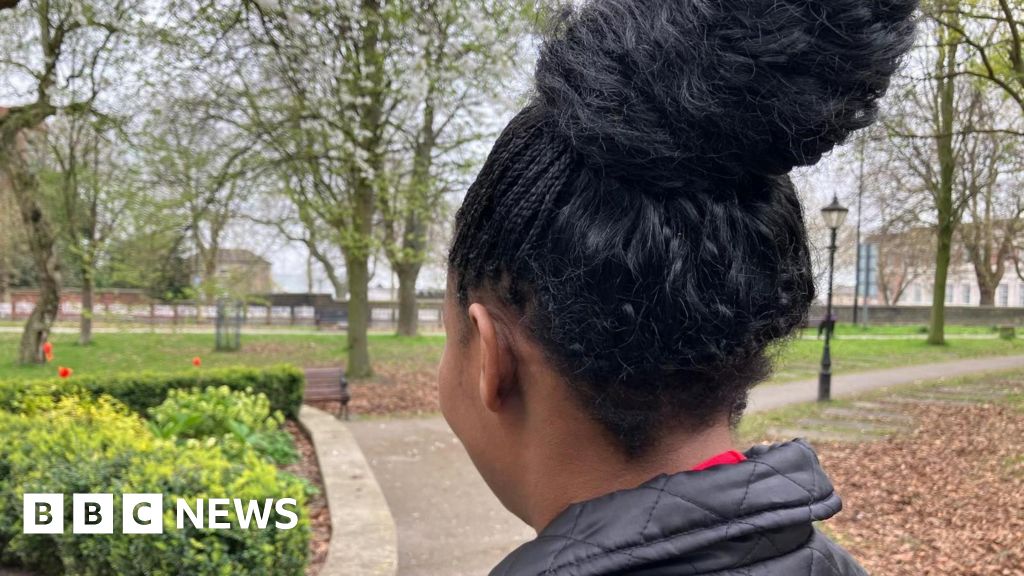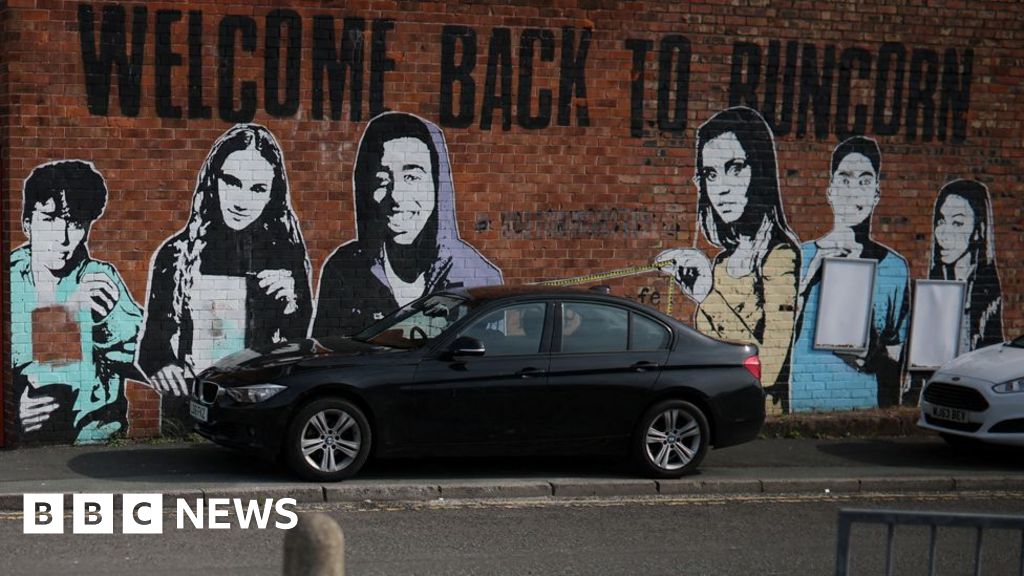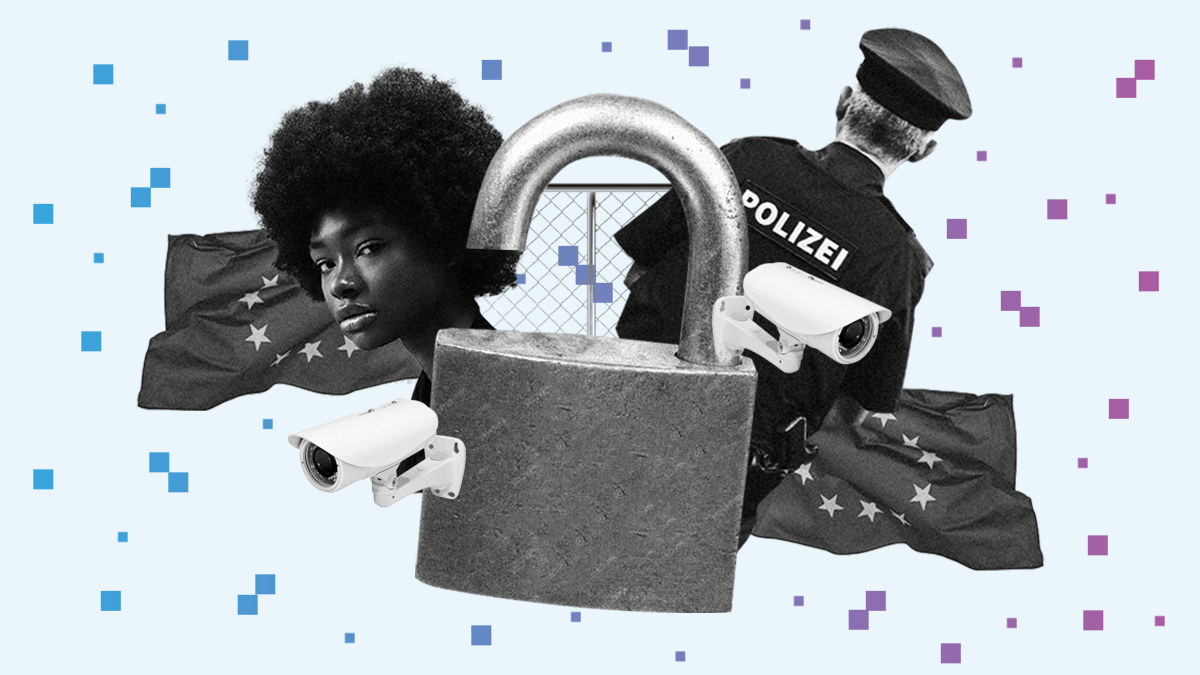Migrant Care Worker Faces Threats Over Working Conditions in the UK

A migrant care worker, who has chosen to remain anonymous and is referred to as Sophia, has disclosed alarming details about her experience in the UK under a health and care worker visa. She revealed that her employer threatened to revoke her visa if she raised any complaints regarding her working conditions, which included excessively long hours and a lack of days off.
Sophia, originally from Zimbabwe, arrived in the UK in 2023 after paying over 2,000 in fees to a South Yorkshire-based care company that sponsored her visa. This sponsorship program was implemented to address the staffing shortages within the social care sector. However, the reality for Sophia was far from the supportive environment she had anticipated. She found herself living in a multi-occupancy house that was not registered, which raised her concerns about safety and living standards.
When Sophia voiced her frustrations about the high cost of her accommodation, her employer dismissed her complaints, telling her she was "not grateful." She recounted feeling trapped, stating, "You're supposed to be quiet, so we had to suffer in silence. You can't move, you can't breathe, you are stuck. You have sacrificed everything to come here so that you can start a new life. When you get here, you see the treatment is not good." Her work schedule was grueling, often requiring her to be out of the house for 16 hours a day, with no time off to recuperate.
The union Unison has raised alarms regarding the treatment of migrant workers, urging the government to take control of the issuance of Certificates of Sponsorship. This would prevent individual care companies from wielding excessive power over vulnerable workers. Jordan Stapleton, the union's regional migrant lead, highlighted the troubling trend of exploitation in the sector. He noted that many migrant workers were paying illegal fees, working extensive hours without breaks, and were often not compensated for travel time. Furthermore, they lived under the constant threat of deportation or losing their visa status if they dared to voice their concerns.
Additionally, Jamila Duncan-Bosu, a solicitor from the Anti Trafficking and Labour Exploitation Unit (Atleu), reported an increase in inquiries from care workers seeking legal recourse for their dire situations. "There needs to be a proper safety net," she stressed, underscoring the urgent need for reforms to protect these vulnerable workers.
Since the government's crackdown on care providers, more than 470 licenses have been revoked due to concerns regarding abuse and exploitation, leaving thousands of workers in limbo. Home Office data revealed that over 39,000 workers had been linked to these licenses since October 2022. In response to this crisis, the UK Government allocated 16 million in March 2023 to help councils across England support overseas workers in finding new employment opportunities after their sponsorships were terminated.
Leeds City Council has taken on the responsibility of managing the Yorkshire and Humber project aimed at aiding these workers. They reported that 4,355 individuals had sought their assistance following the revocation of their visa sponsorships. However, the council acknowledged the challenges they faced in matching workers with new roles, citing a shortage of Home Office-approved sponsors in the area. With just 71 successfully matched to new roles or sponsors, the need for a more robust support system remains evident.
A spokesperson from the council stated, "We recognize that there have been challenges across the region in finding workers new sponsors, which is in line with national recruitment issues faced by organizations in the care sector across the UK." Meanwhile, a government representative affirmed their commitment to safeguarding migrant care workers from abuse, emphasizing their readiness to act against illegal practices when evidence is presented.
As the situation continues to unfold, the experiences of workers like Sophia serve as a poignant reminder of the vulnerabilities faced by migrants in the care sector, and the urgent need for systemic changes to ensure their rights and well-being are protected.



























